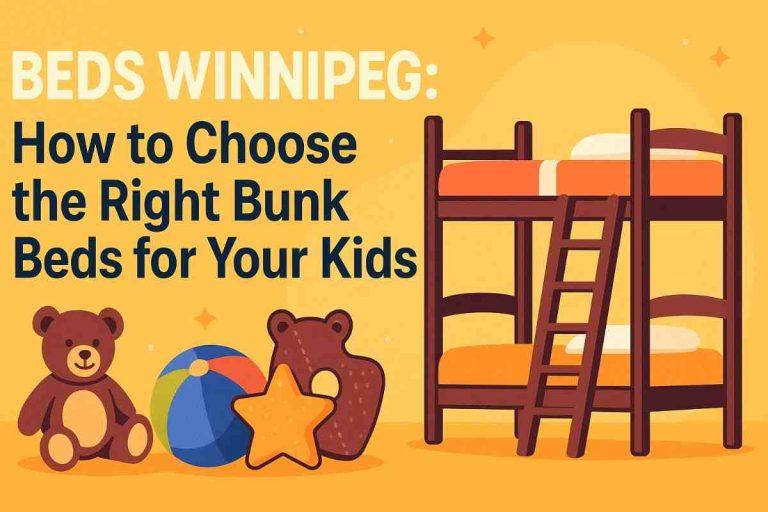How to Assess the Experience and Qualifications of a Home Caregiver
Caring for an elderly loved one is like babysitting a newborn. Besides having comorbidities, they demand your attention, understanding, and patience.
Considering a caregiver is probably on your radar, but you don’t know where to start. And the thought of leaving your family member in a stranger’s care stresses you out, as it should.
Here’s a little morsel of enlightenment. Employing a caregiver doesn’t mean that you’ve given up. You’re asking for help when all your other choices are not viable. Finding the right one requires some due diligence on your side.
Start With Qualifications and Certifications
Not every caregiver needs formal training, but it does matter.
Certifications show a baseline of knowledge and commitment. Common senior care certifications include CPR, First Aid, Certified Nursing Assistant (CNA), and Home Health Aide (HHA).
These demonstrate real skills and preparation for emergencies. If your loved one needs specialized care, like dementia or palliative support, look for a caregiver trained in those areas.
The World Health Organization (WHO) emphasizes that palliative care involves special knowledge to improve quality of life during a serious illness.
Ask for proof of training or certifications right from the start.
Look for Relevant Experience
Knowledge counts as much as qualifications. A caregiver may have certificates, but how have they applied them in real-life situations?
Agencies like https://aplushomecareonline.com/ emphasize the significance of matching clients with caregivers who have the right skills and understand the unique needs of each individual in their own homes.
Ask about their background. Have they worked with older adults with mobility issues? Have they provided end-of-life care?
The more experience they have, the better they can handle unexpected challenges. A+ Home Care recommends consulting a reputable home care agency for the best outcome.
Check for Essential Skills
Beyond certificates and years of service, certain skills are non-negotiable.
Top caregivers bring practical abilities like safe moving and handling, administering medications, and meal preparation. They also offer soft skills like patience, empathy, and communication.
Compassionate home care, reliability, and attentiveness are as critical. These matter as much, sometimes more, than technical skills. After all, you want someone who connects with your loved one, not someone who can tick off a checklist.
Be Aware of Red Flags
Fake or unqualified carers have made headlines for slipping into the system.
That’s why background checks and references are essential. Always verify employment history and ask for references you can actually speak with.
Also, pay attention to how the caregiver responds to your questions. Do they give specific examples from past roles? Or do they floss over details?
Know the Struggles Caregivers Face
Low pay and staffing shortages are widespread in the home care industry.
For example, in Pennsylvania, caregivers are speaking out about the strain and lack of support they face. That reality doesn’t mean you can’t find excellent caregivers. However, it does mean you need to ask questions about turnover rates and stability within an agency.
On a brighter note, initiatives like Pennsylvania’s PA CareKit have received national praise for supporting families and caregivers with resources.
Look for local programs in your area that help guide families through the hiring process.
Ask the Right Questions
When interviewing a potential caregiver, prepare a list of questions that get to the heart of their experience:
- How have you handled a medical emergency in the past?
- What’s your background with patients who have dementia or Alzheimer’s?
- How do you manage stressful situations?
- How do you earn a client’s trust?
Their answers should give insight into both competence and character.
Look at the Bigger Picture
Hiring a caregiver isn’t about skills. It’s about protecting your loved one’s dignity and well-being.
Elder abuse is a worldwide concern, and the WHO isn’t shy about warning us. The right caregiver can truly make a difference, keeping your loved one safe, supported, and well cared for.
Research shows that building trust between caregiver and client is key. A study in the Scandinavian Journal of Caring Science supports this idea.
It’s more than tasks; it’s about building a connection
The Right Fit
Choosing a home caregiver centers around equilibrium. You’re looking for someone with real skills, practical knowledge, and a personality that clicks with your loved one.
Slow down. Talk with them, and verify their background. Yes, the industry faces challenges. Yet with careful assessment, you can find someone who provides comfort, companionship, and peace of mind.
The right personal care service not only meets needs, but it makes the home feel like home again. You’re not alone. With a team assisting you, your loved one can maintain their independence and self-respect.







